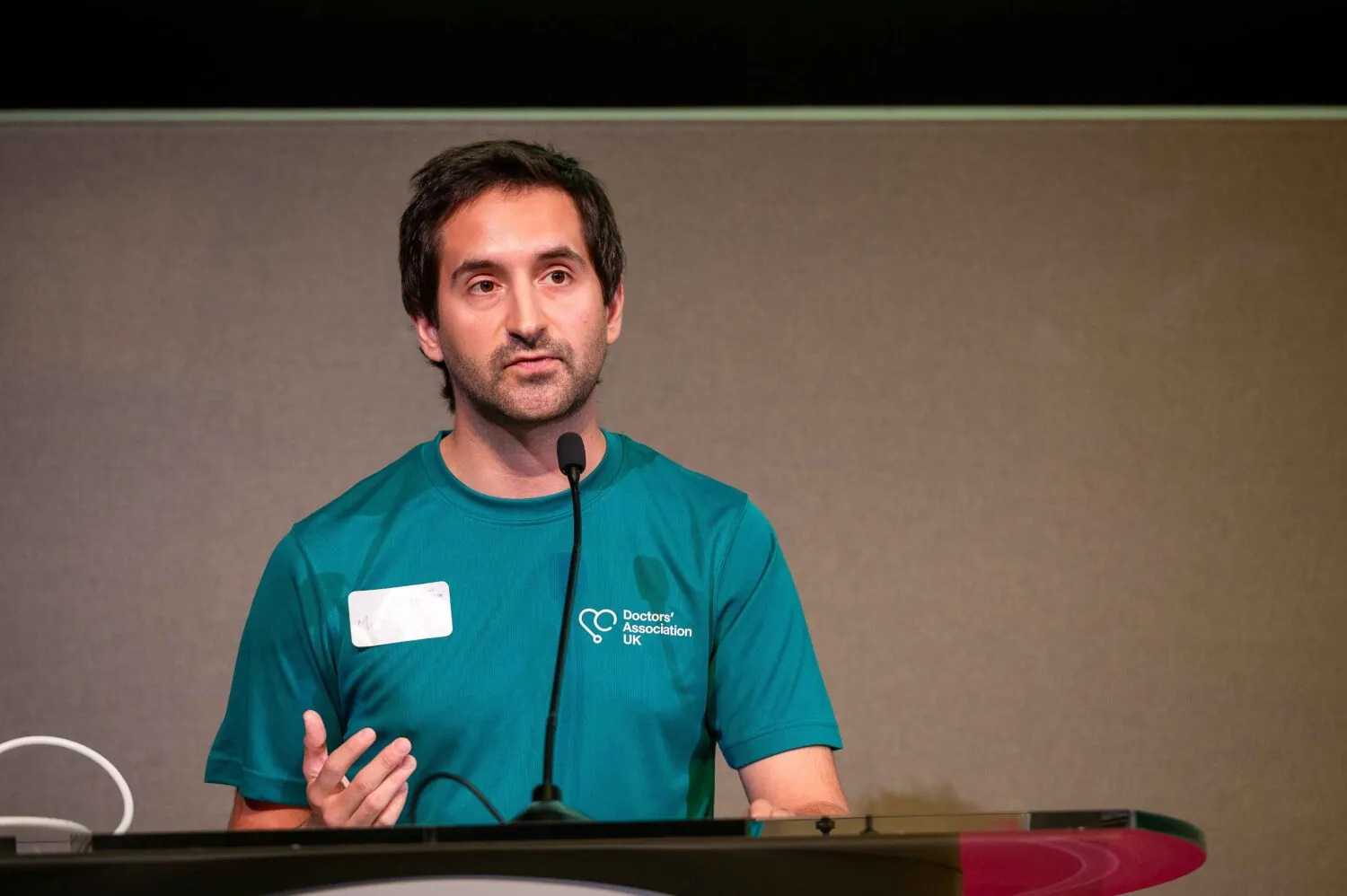
Reducing the use of PCR tests will compromise the UK’s capacity to detect new coronavirus variants and put lives at risk, leading scientists have warned.
The Government is expected to announce the end of free Covid-19 testing for millions of people as part of its “Living Safely With Covid” strategy, due to be published next week.
Officials want to cut the ongoing costs of the pandemic as cases and deaths continue to fall. The changes are expected to come into force next month.
Healthy adults would no longer be eligible to order free lateral flow tests (LFT) on the NHS and PCR testing is expected to be limited to older adults and the clinically vulnerable, such as the 1.3 million people at highest risk from the virus. However, public health experts have raised concerns with the planned changes.
Lawrence Young, a virologist and professor of molecular oncology at the University of Warwick, said: “Living with Covid doesn’t mean ignoring the virus and letting our guard down. We still have high levels of infection in the UK and the pandemic continues to rage across the globe.
“We need to find a new normal where we maximise our freedoms while recognising that Covid will always be present rather than trying to return to a pre-pandemic world where Covid doesn’t exist.
“As long as the virus continues to spread and replicate, particularly in populations who are under-vaccinated, it will throw up new variants and these will remain a continual threat even to those countries with high rates of vaccination. Reducing the use of PCR will compromise our capacity to detect these new variants.”
The UK has been a world leader in its Covid-19 testing capability having carried out more than 463 million since the start of the pandemic. More than one million LFT and PCR tests a day have regularly been conducted this year, with the number dropping to less than 800,000 this week as cases fall.
Professor Young said: “You can’t control virus infection if you don’t know where the virus is spreading. This means planning for future surges of infection by ensuring we have the ability to rapidly detect outbreaks with targeted approaches to test, trace and isolate.
“Key to this is maintaining free access to lateral flow tests for all those with symptoms. The pandemic isn’t over and, if we’ve learned anything over the last two years, it’s that the impact and future of Covid-19 will remain unpredictable.”
Another 46,186 Covid cases were recorded in the UK on Tuesday, according to official Government figures – although a more accurate study by the Office for National Statistics (ONS) estimates the true number to be much higher.
The sharp difference in totals reflects the increasing limitations of the Government figures, which count only those people who have reported themselves as having tested positive for the virus. By contrast, the ONS figures are based on analysis of nose and throat swabs taken from a representative sample of more than 150,000 people in private households.
Separate ONS figures published on Tuesday revealed that Covid-19 deaths fell for the second week in a row in England, although they rose in Wales.
Dr Jonathan Stoye, of The Francis Crick Institute, accused the Government of “being driven by politics and economics rather than being driven by the science” in its response to the pandemic.
He said: “Even though the pandemic may appear to be ending, it has not yet ended. There are no guarantees that new, more pathogenic variants will not emerge. Despite the successes of vaccination, many people are still at risk. Any significant reduction in testing will jeopardise lives and compromise our ability to monitor the appearance of new variants.”
Dr Matthew Bigwood, an anaesthetist and spokesman for Doctors’ Association UK, said: “Given the lack of preparation around testing on all waves so far, can the Government show they are doing this to plan for future waves? Test and Trace failed each time. What will be different next time, especially in the light of not having started the Covid inquiry yet to identify previous mistakes?”
Health Secretary Sajid Javid said the Government had made “no decision” on changes to the current testing regime but that the policy was being kept “under review”.
He told LBC: “If we are in a better place with Covid there is no need to keep the same offer of testing forever, but testing will continue to play an important part in tackling Covid.”





